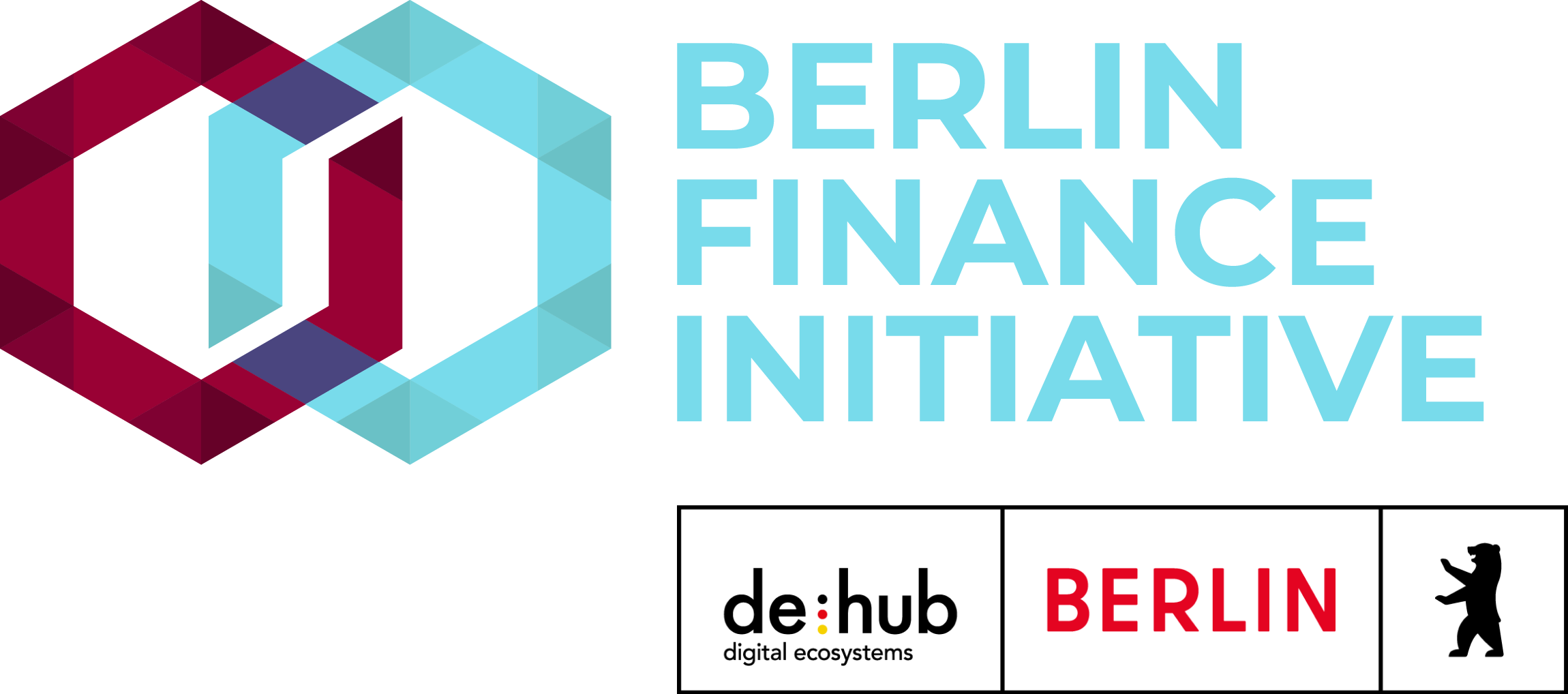Bi-Monthly Dec 2023
FinTechs 2024 - Some Learnings and Yearnings for The Coming Year
It seems 2023 is the year of reckoning for the Fintech ecosystem given the numerous market challenges they face. Some of the challenges were expected — high levels of inflation, rising interest rates, the ongoing conflict between Russia and Ukraine, depressed valuations, and a lack of exits; others were less so, including the collapse of several banks in the US.
The industry, once addicted to rapid growth and fast market expansion, has now shifted its focus to operational efficiency, sustainable cash flows and profitability (source) as it is looking to delay next funding rounds hoping for more favourable term sheets. The same goes for investors as the market has forced them to return to a conservative funding discipline.
In the first half of 2023, European Fintech funding has dropped by 70% yoy to pre-2020 levels highlighting how the funding environment in the industry has changed (source). To be fair, the market has been yearning for consolidation after years of accessible funding to ensure sustainable growth and efficient allocation of future resources aiming to secure sustainable growth and streamline the efficient allocation of future resources. However, not the entire Fintech industry has had a hard landing in 2023 with some sectors showing strong potential.
New Tailwind for Artificial Intelligence
During the first half of 2023, the big tech giants drove visible developments in AI, especially within the cybersecurity domain with Microsoft’s introduction of Security Copilot, while Google unveiled its Security AI Workbench. This attracted a significant amount of attention on AI and generative AI among traditional investors and corporations, who are now looking for applications within the Fintech space. Digital lending, insurtech, and investment and capital market technology segments seem to be the primary beneficiaries, with each of these verticals witnessing more than 10 AI-based Fintechs raising capital. Overall, 60 funding rounds totaling $1 billion involved startups claiming to employ AI across Fintech verticals.
The momentum behind AI is expected to accelerate: scaleups will highlight their established AI strengths as they secure funding and forge business partnerships, while new startups will be incubated and scaled to leverage AI as a step change in operational efficiency and services. Large tech giants will be crucial to the development of generative AI fintech solutions given their dependence on robust data and large language models (source 1, source 2).
Rolling out the Red Carpet for ESG Fintechs
ESG Fintechs encompass a wide array of Fintech solutions, products, and services designed to address issues at the intersection of ESG considerations and financial technology. Some examples include lending solutions for ESG transformation projects, climate risk assessments for investors and insurance companies as well as ESG integrations into Know-Your-Customer (KYC) processes.
Despite the ESG Fintech sector still being relatively small at 5% of the entire Fintech market, the momentum indicates their path from niche to mainstream (source). Opposed to the overall industry trend, ESG Fintech funding is projected to remain resilient this year, with global investments to reach $28.8 billion in 2023, slightly below the $29.4 billion invested in 2022 (source). Last year, EY identified 70 new European ESG-focused Fintech companies, with a growing number specialising in regulatory technology (Regtech) and energy market solutions.
Albeit current market conditions, investors seem to believe in a continued ESG growth story as regulatory initiatives such as the EU Green Deal or the UN Sustainable Development Goals need to be translated into actions. The financial Services industry plays a leading role in delivering the transformation as it can actively manage capital distribution to a more sustainable economy.
The ongoing surge in sustainable investment interest is expected to continue. According to an EY study, 90% of institutional investors will pay more attention to companies' ESG performance in their investment choices. In terms of retail clients, a recent survey representative of the population found that approximately 60% of German retail clients plan to factor in sustainability aspects for their upcoming investments. This presents a noteworthy opportunity for both traditional financial services entities and Fintech companies, as enablers and competitors (source).
These findings are further underlined by KPMG, as they predict ESG Fintech investments will accelerate even further, particularly from 2025 onwards with global investments reaching $123.7 billion by 2026 (source).
Charting the Future: Navigating ESG and AI in 2024
In an evolving landscape where investor preferences are shifting towards ESG and AI, Fintechs face the imperative of strategically recalibrating their growth narrative to capture attention and secure funding. As we look ahead to 2024, the prospects for success in funding rounds, particularly in the vibrant Fintech ecosystem of Berlin, remain promising, especially when coupled with a demonstrated path to profitability.
by Guenther Petelin | Senior Advisor | Berlin Finance Initiative
Thanks for shaping and growing the Berlin Finance community together with us.
We wish you a Merry Christmas season and a good start into a happy and healthy New Year!
Your BFI Team

